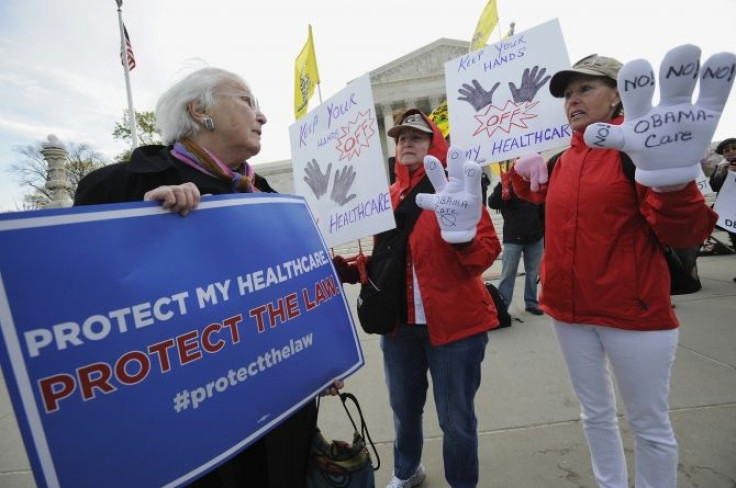CBO: Affordable Care Act's Medicaid Expansion Would Be Dire for States

The Congressional Budget Office (CBO) has just released its statement about the cost of the Affordable Care Act and it is rather dire.
Based on Massachusetts' own health care reform, the Affordable Care Act would expand Medicaid to those making 138 percent of the poverty line, or $30,000 for a family of four. For people making over that amount, they would be mandated to buy insurance on the open market, which would be subsidized depending on income.
The Supreme Court upheld the individual mandate, but denied that Congress had the power to force states to expand Medicaid. In exchange for agreeing to the expansion, the federal government would pay the costs for three years and then 90 percent of the costs for every year afterward.
While it may sound like a great deal for the states, administrative costs, even for the first three years, would be extremely high. In addition, the act only pays for people covered under the expanded eligibility, meaning the estimated 14 million people who are currently eligible but have not applied for Medicaid would need to be paid by the states themselves. This would add billions of dollars to many states' already-strained budgets.
It is for that reason that Texas Governor Rick Perry has turned down the expansion. Many other states, including those with Democratic governors, are reluctant to take on the expansion as well. Virginia Governor Bob McDonnell has said that the state cannot afford to take on the expansion, and his state recently reported a $129 million surplus. For states with astronomical deficits (New York's deficit is $982 million; Illinois reports a $43.8 billion shortfall), it becomes difficult to imagine how they would afford to pay for more people on their Medicaid rolls.
However, if states refuse the Medicaid expansion, federal spending is reduced $289 billion.
Some people eligible under the Medicaid expansion will instead choose to purchase private insurance, aided by federal subsidies. Those subsidies will run the federal government $215 billion. But for some, their income will be too low to qualify for the subsidies, meaning that they will be left out of the private-exchange.
In total, the Supreme Court decision will lower the cost of the Affordable Care Act by $84 billion, which is only 7 percent of the bill's total cost.



























